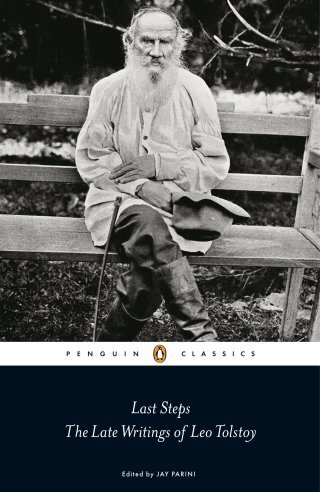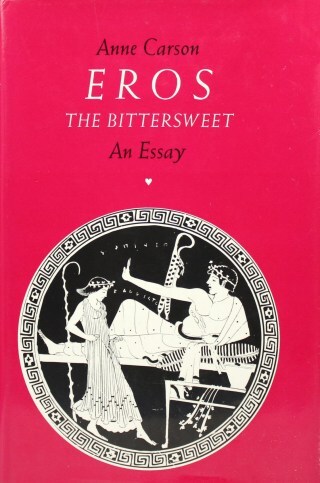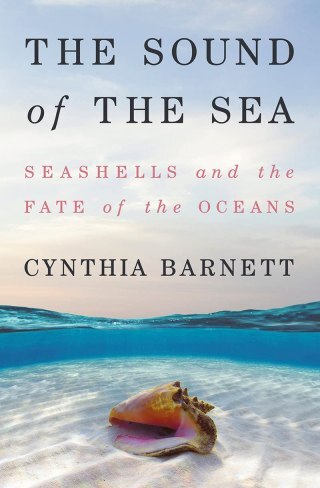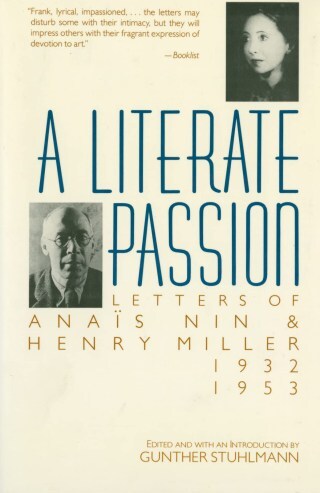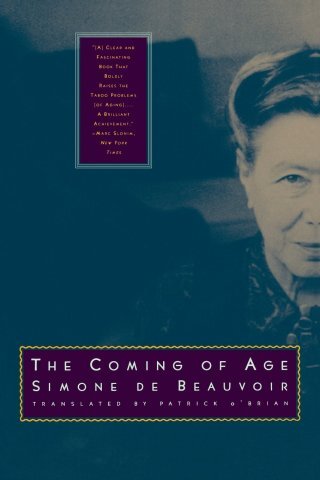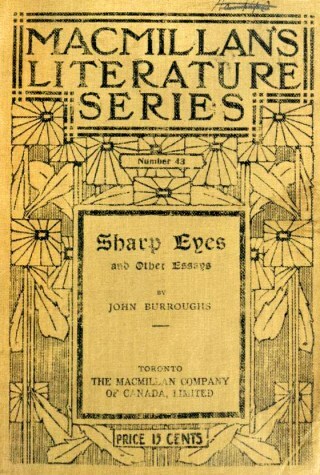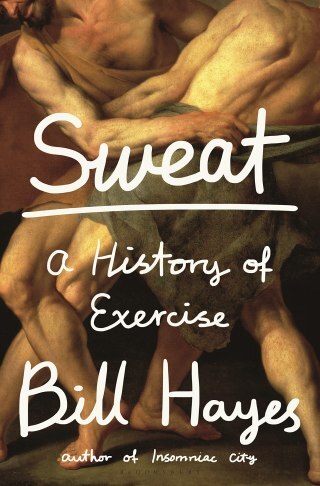Maria Popova's Blog, page 63
August 5, 2022
Nick Cave on Songwriting, the Mystery of the Unconscious, and the Sweet Severity of Truth
“Once a poem is made available to the public, the right of interpretation belongs to the reader,” the teenage Sylvia Plath wrote to her mother upon the publication of her first tragic poem.
A poem — like a prayer, like a song — is a record of an inner reckoning that need not fully resolve, a dynamic contemplation that ...
August 4, 2022
Life and Death and More Life: Leo Tolstoy on Science, Spirituality, and Our Search for Meaning
“How can a creature who will certainly die have an understanding of things that will exist forever?” asks the poetic physicist and scientific novelist Alan Lightman on the pages of his exquisite inquiry into the nature of existence. We can’t, of course — but out of those creaturely limits, out of our longing to transcend them, arises our eternal hunger for meaning, arises everything we might call art. N...
August 3, 2022
Sappho and the Fevered Heart: Anne Carson on Jealousy
Jealousy may be the most staggering scale discrepancy of the inner world — an enormous all-consuming emotion pinched into extreme smallness of spirit. It is also one of the most universal human experiences — homily on the elemental tragedy that the ever-open mouth of choice hungers for more than what chance grants us, so that we live desiring more than we have.
No one has voiced this hunger with more howling precision than Sappho (c...
August 2, 2022
How to Be a Citizen of Earth: Learning from the Children of Palau
Looking back on his long and luminous life at age ninety-three, the great cellist Pablo Casals held up one great task before humanity: “to make this world worthy of its children” — those inheritors of the present and living emissaries of the future, whose souls, in Kahlil Gibran’s memorable words, “dwell in the house of tomorrow.” To make of that house a...
July 31, 2022
Control for Surrender: Henry Miller’s Stunning Letter to Anaïs Nin About the Value of and the Antidote to Despair
“Letting art is the paradox of active surrender,” Jeanette Winterson wrote in her superb meditation on how art transforms us. “I have to work for art if I want art to work on me.” But letting life is also a paradox of active surrender — we have to work for life too if we want life to work for us. (That is what Maya Angelou meant when she observed that “life loves the liver of ...
How to Keep Life from Becoming a Parody of Itself: Simone de Beauvoir on the Art of Growing Older
We live in a culture that dreads the entropic inevitability of growing older, treats it like a disease to be cured with potions and regimens, anesthetizes it with botox and silence, somehow forgetting that to grow old at all is a tremendous privilege — one withheld from the vast majority of humans populating the history of our young species (to say nothing of the infinite potential humans who...
July 30, 2022
The Unphotographable #2: The Alps with Mary Shelley
July 29, 2022
In a Library: Emily Dickinson on Why We Read and the Magic of Old Books
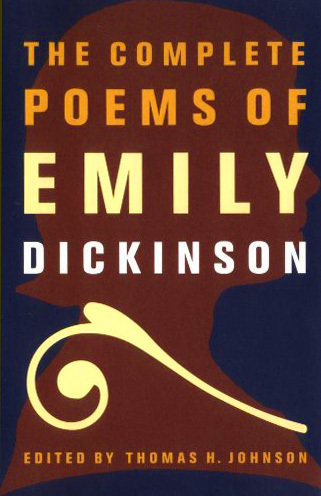 Every book you read, you read not with your eyes but with your world — with the totality of who and what you are, your eyes lensed with a lifetime of impressions and relationships and experiences you alone have had. No two readers ever read the same book. Each book holds in its margins infinite space for every possible reader to fill with the entirety of their being — that endless, ecstatic dialogue b...
Every book you read, you read not with your eyes but with your world — with the totality of who and what you are, your eyes lensed with a lifetime of impressions and relationships and experiences you alone have had. No two readers ever read the same book. Each book holds in its margins infinite space for every possible reader to fill with the entirety of their being — that endless, ecstatic dialogue b...
July 26, 2022
The Great Naturalist John Burroughs on the Art of Noticing and What Artists Can Learn from Naturalists
“We hear and apprehend only what we already half know,” Thoreau wrote as he considered what it takes to see unblinded by preconception. “The art of seeing has to be learned,” Marguerite Duras sang a century later from the pages of her symphonic reckoning with what makes life worth living.
Partway in time between these two uncommon seers, another — the great naturalist (or “naturist,” as he described himse...
July 24, 2022
The Soul-Slaking Joy and Body-Poetry of Swimming
“As you swim,” Anaïs Nin wrote in her soulful meditation on summer and the art of presence, “you are washed of all the excrescences of so-called civilization, which includes the incapacity to be happy under any circumstances.”
This ablution is no small gift to our civilization-stifled lives, in which the body is an afterthought of the mind and the ego. But beneat...

